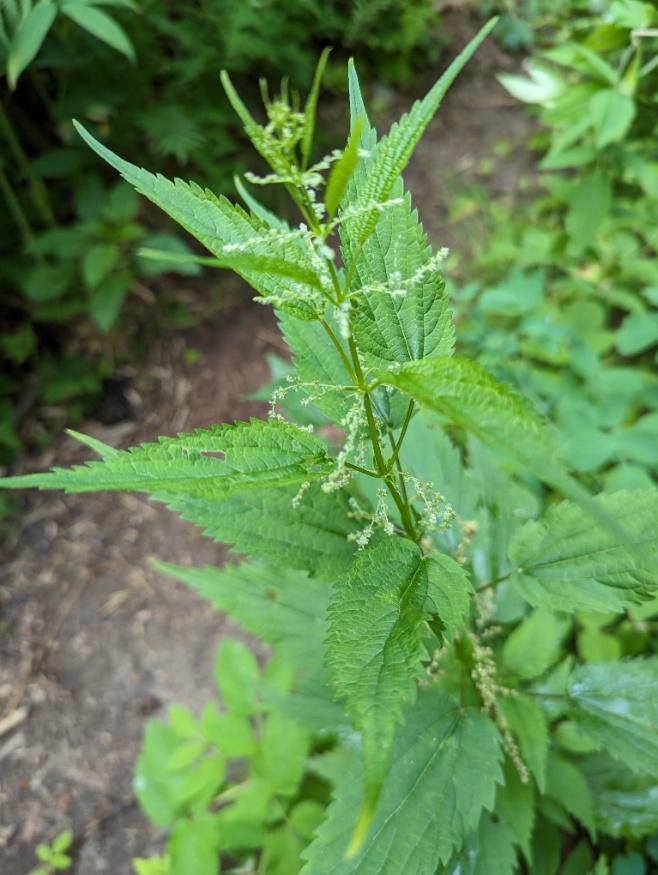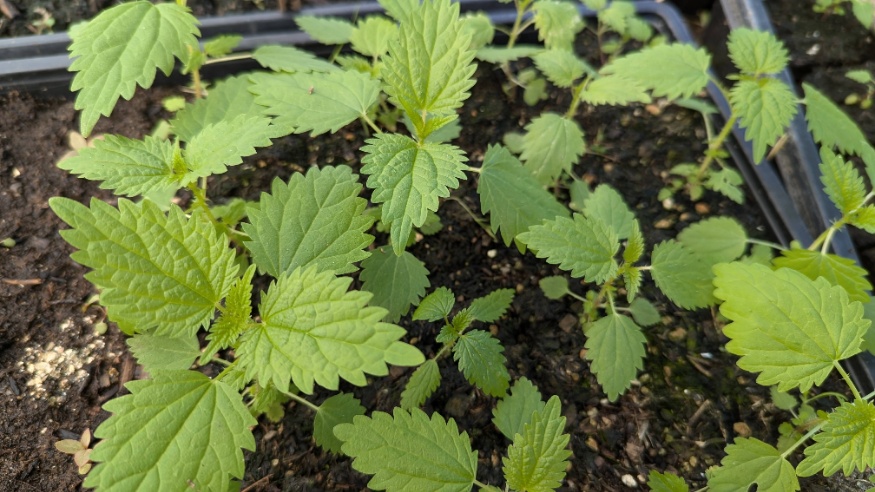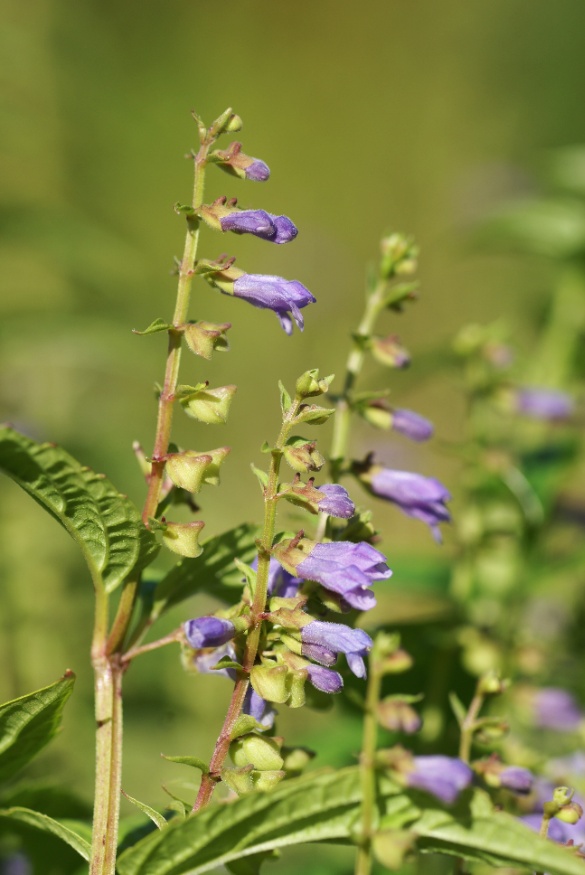Juniper Berries, Amazing Medicine
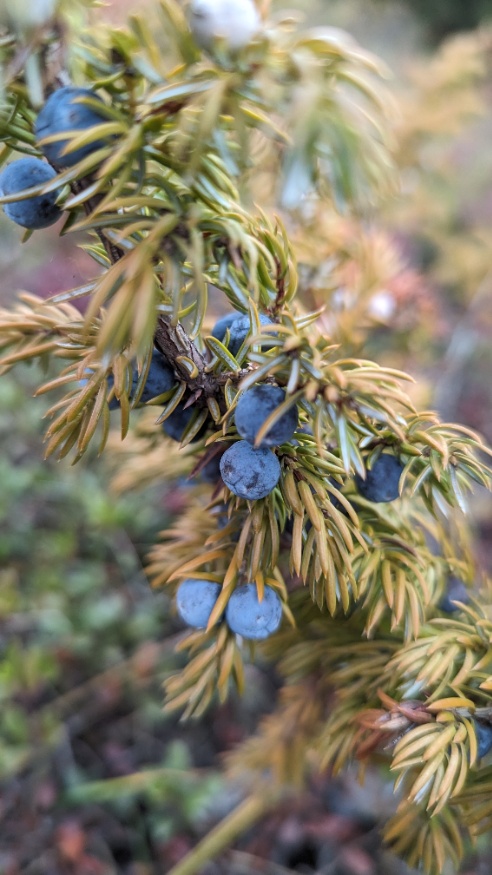
Juniper plants grow all over the world in the north, from Asia, to Europe; the Middle East, and North America. The two types I see natively here in the Pacific North West are creeping juniper (Juniperus horizontalis), and common Juniper (Juniperus communis), but there are dozen of types that occur on most continents. Junipers are commonly found in dry areas, on rocky slopes, or forest edge under full sun to part shade. They can be identified by their scale-like leaves and branches; as small trees or low spreading shrubs. The leaf scales connect together in tight-fitting plates, whorls of needles, or a combination of the two. But perhaps their most notable feature is the ever changing frosted green berries they bare, ripening to dark blue over a one to three year period. Infact they aren't berries at all, but berry lookalikes; modified cones. This makes sense since Junipers are coniferous evergreen plants.
@naturewithus_ Juniper is amazing medicine #naturalmedicine #juniperberries #naturalcoldremedy ? Close Your Eyes Soothing Soft Music for Deep Sleep, Meditation, Relaxation and Yoga - Soothing Relaxation
Juniper berries have been used for food and medicine in North America, Europe, Africa, and Asia for centuries. A juniper recipe for parasites was even found in ancient Egypt. It's no surprise these 'berries' have been used so extensively. The dark blue capsule shaped cones are just packed with nutritional and medicinal benefits. Juniper has a warming effect on the body working against the feeling of being cold and problems associated with it. Each berry contains a combination of various flavonoids, cumarin (compounds with protective qualities), and volatile oils. Monoterpenes within have anticancer, antioxidant, and antibacterial properies. Powerful antioxidants can reduce cellular damage by protecting the body from free radicals.
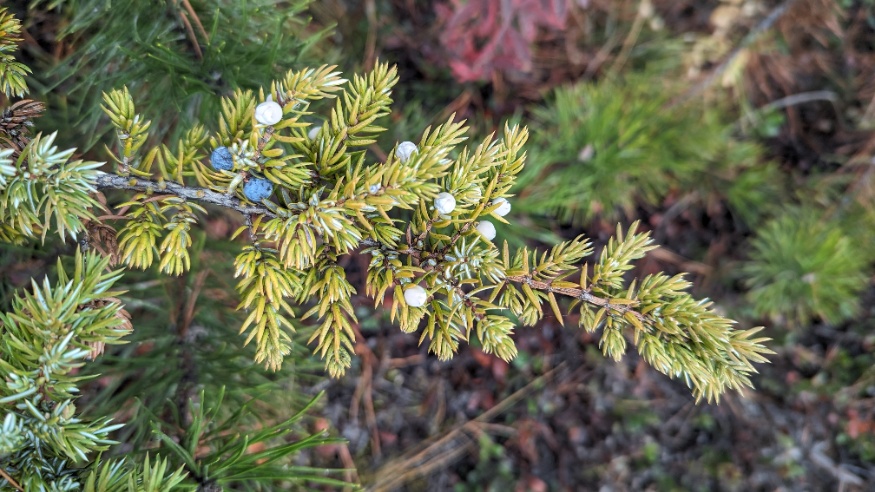
Preparations
Juniper needles or berries can be prepared in many ways for medicinal use. It's no necessary but many prefer to crush or powder the berries to release their essential oils prior to using. Some ways to use it include a:
- tea
- infusion
- tincture
- salve
- essential oil
- oil
- bath
- cream
- poultice
Stomach and Bladder
Use Juniper berries as a tea for urinary tract problems by increasing urine flow (diuretic). This helps clear the kidneys, bladder, gallbladder, and prostate; helps with heartburn and can be used to calm an upset stomach. Juniper activates the digestive system and stimulates digestive processes. For those with excess gas or in situations with gas producing foods, juniper can help minimize flatulence. In the intenstines, the antiseptic properties prevent and treat infection, and can be used to expel intestinal worms.
Topical Use
Externally, juniper is wonderful for muscles and joints as an oil massage for pain caused but sciatica or rheumatism. A poultice, salve, or oil would work well to target those problematic connective tissues. Juniper is also great for issues on the skin surface to clear up acne, help with dandruff, and to disinfect. For skin conditions one could prepare a juniper berry cream, bath, or oil. It's also safer to use externally rather than internally if used extensively, or for long periods.
Relaxation and Sleep
Juniper promotes a relaxing effect on the body and does very well as an essential oil. Use in a diffuser to purify the air while adding a fresh pine-like aroma. Helps with anxiety; juniper oil invokes relaxation and stress relief; it aids in a restful sleep for those having trouble falling asleep or staying asleep. Simply diffuse into the bedroom air prior to bedtime. burning it like an incense, the smoke will disinfect the air in similar manner, and this was practiced by First Nations peoples. Juniper 's purifying ability goes in hand with its spiritual use as protection as well as in warding off enemies and evil spirits.
Other Actions
Juniper berries and needles contribute to overall wellbeing and can be used as a tonic for immune system health. The plant has a warm and protective action. A good way to strengthen your body's defenses is using juniper tea in cold or flu season. It's also as a blood cleansing tonic for overall health by increasing the kidneys action of flushing out toxins from the body.
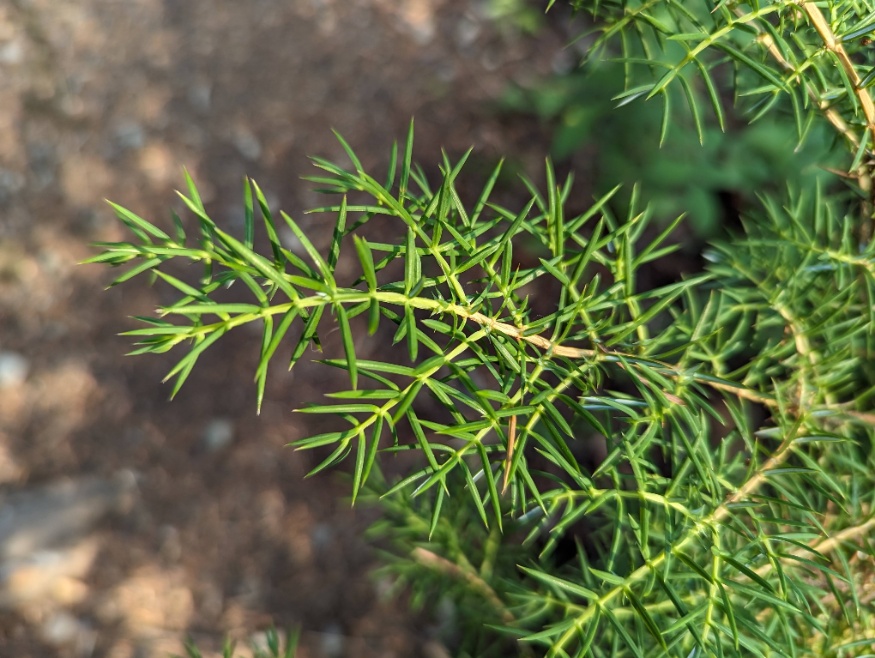
Nutrition & Food
Crushes or ground dried berries are excellent for flavouring marinates, meats, soups and Stews. Adds a sharp, pronounced taste and can be used similar to how pepper would. Infact, Adding dried berries to a pepper mill is a great way to flavor meals. Especially good with fish, crushed juniper berries do well to give fish the kick it needs. The needles and berries are also commonly used to smoke fish. Juniper is just packed with vitamins and minerals including:
- vitamins A and C
- iron
- magnesium
- potassium
- phosphorus
- protein
- solium
- manganese
- niacin
- tin
- thiamine
- cobalt
- riboflavin
- chromium
- selenium
- silicon
The native American Navajo would often mix ash from burned juniper with other ingredients when preparing traditional meals. Juniper ash contains a lot of calcium, a key dietary component since most of them don't raise cattle and are lactose intolerant. It turns out the body absorbs this ash calcium easier than that of milk.
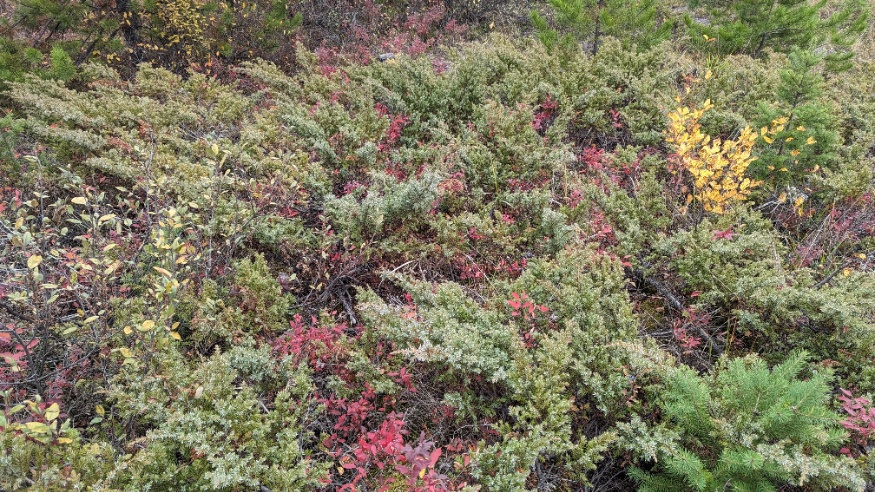
Precautions
Long list of benefits right? Juniper is truly a powerfully healing plant with seemingly endless benefits. Of course with great power comes great responsibility and there are a few precautions to consider. Be sure to properly identify your juniper first. Many look very similar so think about your location and what grows in your region. The berries from savin juniper (Juniperus sabina) and prickly juniper (Juniperus oxycedrus) are poisonous. Careful with landscape plants, many popular cultivars are not native, savin juniper is a popular one. Avoid prolonged use of juniper and don't use if pregnant (the warming effect can cause miscarriages). since Juniper can irritate the liver, don't take it if you have liver disease. Juniper does well to combine with a demulcent such as plantain or coltsfoot. These naturally calm down irritation. The sharp taste of juniper berries hint of their power and being at best in moderation. One would seldom want to consume large amounts anyway just like how eating tablespoons of black pepper wouldn't be wise. I hope you are as excited as I am about this age old truely amazing plant, food, and medicine. I hope you use it with wisdom, care, and thanksgiving.
